The fear of being seen as racist
- Published

A fear of being viewed as racist has been cited as one of the reasons why child sexual exploitation in Rotherham was allowed to proliferate for 16 years. But how much of a factor is this fear in the day-to-day work of social workers and others working to prevent abuse?
Prof Alexis Jay's harrowing report revealed the abuse of more than 1,400 children - mainly by men of Pakistani heritage - and it criticised councillors for "downplaying" the issue of race, and "avoiding public discussion" on the topic.
The report also made it clear that this nervousness around ethnicity was a top-down sentiment.
While frontline staff themselves were not blamed, some social-care staff said they were "advised by their managers to be cautious about referring to the ethnicity".
A fear to confront the subject of race ultimately stopped the council engaging with the wider Rotherham community about the problem, the report suggested.
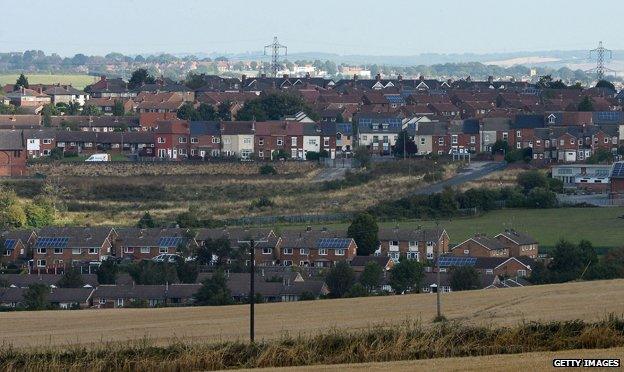
But does an anxiety of being labelled a racist really exist within councils?
Former social worker Alastair Johnstone believes so. He worked with both adults and children for 18 years before retiring in 2004.
While he says he was never pressured by managers to include or exclude any particular subject matter from his reports, he does agree that among some white councillors there was an undeniable fear and desire to not "upset the apple-cart".
"In my opinion some white councillors were terrified of mentioning things to do with ethnicity. And I understand where it comes from, political correctness has left its mark on them, but it actually does a disservice to the wider community."
He says that during his training as a social worker he was encouraged to understand and speak about ethnicity. "It's part of understanding the situation you are dealing with, and it absolutely shouldn't be ignored," he says.
And this latter viewpoint is echoed by former social-worker-turned MP Emma Lewell-Buck, who spent seven years working in child protection for local authorities in both Sunderland and Newcastle, but has also served a councillor. She agrees that understanding racial backgrounds was a fundamental part of social workers' training, and she believes something had gone "seriously wrong in Rotherham".
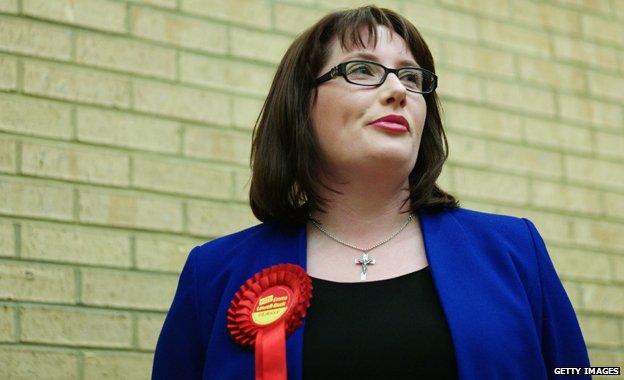
Labour MP Emma Lewell-Buck spent seven years working in child protection services
"I imagine in some institutions there is a fear of being accused of racism, and some people get jittery about political correctness. Obviously in Rotherham they were very jittery about it, and as a result no-one spoke up for those poor children.
"But because of my training as a social worker I'm not afraid to mention the elephant in the room, whether it's ethnicity or anything else."
For the councillors in Rotherham, Jay described their apparent reticence to come forward about race as "at best naive, and at worst ignoring a politically inconvenient truth".

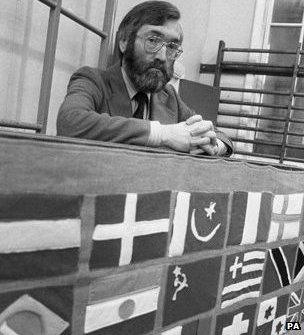
Ray Honeyford: Racist or right?
Ex-head teacher of school in Bradford where more than 90% of pupils were non-white
Sparked national controversy in 1984 with outspoken criticism of multiculturalism
Objected to the right of different cultures to remain separate within the same country and attacked political correctness
Suspended in 1985 but later won appeal and went back to work
Disgruntled parents and others organised large-scale protests outside school, while about half of pupils ceased to attend
Honeyford given police protection but agreed to retire early in December 1985 - he never worked as a teacher again

However, former Nottingham social worker Shad Ali goes further and calls it "manipulation".
Ali, who comes from a Pakistani background, says: "This is nothing to do with political correctness or anything else. This is men in power trying to protect their jobs and maintain the status quo.
"I never experienced this fear of voicing concerns for being labelled a racist during my time in social work, and neither did I see that in my managers. To say that is what happened negates the truth."
The Rotherham report also made clear that the issue of "downplaying" race as a factor applied to the police. There has a been a long battle to tackle institutional racism in British police forces, so could some senior officers have been left with a residual fear about ever highlighting race as a factor in any situation?
The Times was reporting on the issue of gangs of Pakistani heritage targeting children from the beginning of 2011, sparked by a court case from the previous year. In September 2012, Times journalist Andrew Norfolk revealed the existence of a confidential 2010 police report that had warned thousands of such crimes were being committed in South Yorkshire each year by networks of Asian men.
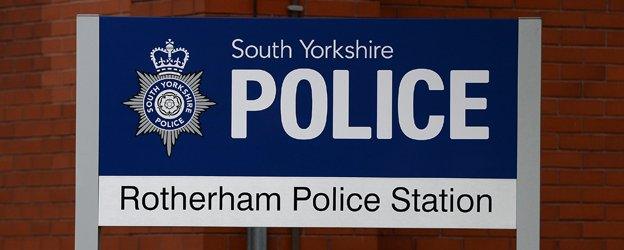
In October 2012, the council, South Yorkshire Police, and other agencies set up a Child Sexual Exploitation (CSE) team to investigate the issues raised in the report, although South Yorkshire Police denied it had been reluctant to tackle child sexual abuse or that "ethnic origin had been a factor" in its decisions.
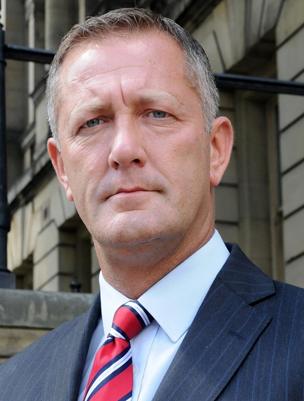
South Yorkshire's police chief Shaun Wright
But warning signs had been there almost a decade before. Jay's inquiry followed three others in Rotherham dating back to 2002. Jay said the first of these reports was "effectively suppressed" because senior police officers did not believe the data, while the other two were ignored.
Away from South Yorkshire, is there an atmosphere in police forces that makes people wary of ethnicity as a factor in investigations?
One former frontline police officer from Nottinghamshire, who did not want to be named, says officers were always imbued with an "awareness to be politically correct".
"We used to go on courses for sexism and racism, we were told that it was something that we must get exactly right. I can't speak for other officers in higher positions, but they may have felt a greater pressure over race when it came to issues like stop and search for example."
Police forces are still regularly criticised for failing to tackle racism, but now they - along with councils - will face greater scrutiny over the possibility of failing to act because of anxiety over appearing racist.
Subscribe to the BBC News Magazine's email newsletter to get articles sent to your inbox.